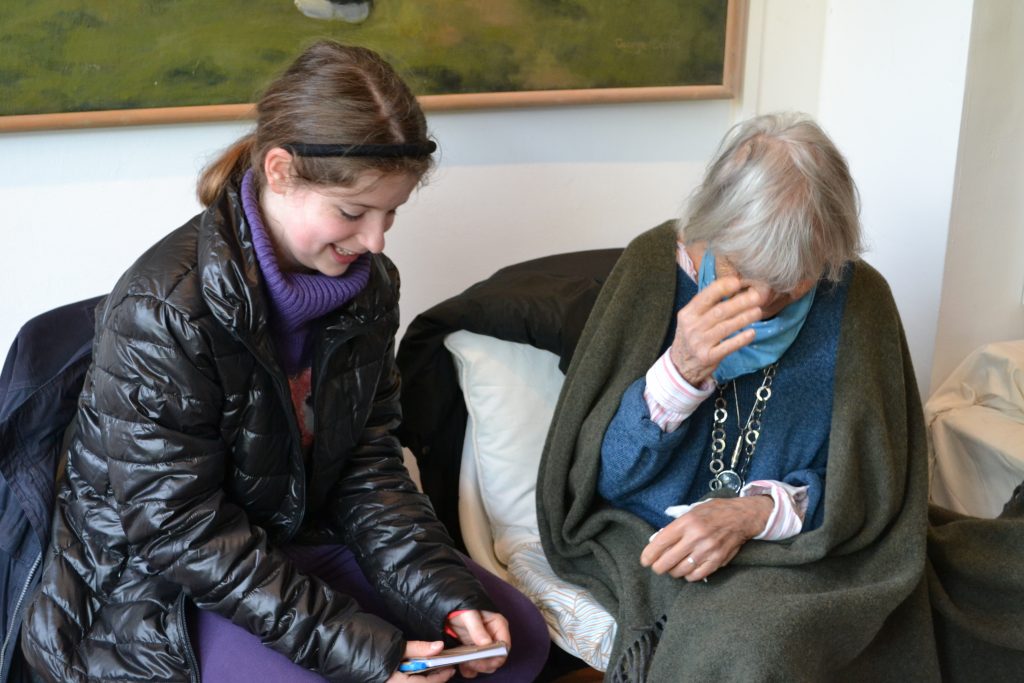Introduction
Memory loss, also called amnesia, happens when a person loses the ability to remember information and events they would normally be able to recall.
It could be something that happened seconds or minutes ago, or a memorable event that occurred in the past. The loss of memory may have started suddenly, or it may have been getting worse over the last year or so.
It’s normal to become a bit forgetful as you get older. However, memory loss could be a symptom of something more serious and should be checked by a GP.
Memory loss can be distressing for the person affected, and their family. Relatives may fear the worst and assume it’s caused by dementia, but this often isn’t the case.
The following information will tell you:
what to do if you’re worried about memory loss
how to tell if it could be caused by dementia
the most common causes of memory loss (but don’t rely on this to self-diagnose a condition)
how to cope with a poor memory
What to do if you’re worried about memory loss
See your GP if you’re worried because you or someone you care for has lost their memory. They’ll do an initial assessment and ask questions about symptoms, family history and lifestyle. They may also arrange a blood test.
Memory loss has a wide range of possible causes, depending on the type of memory loss.
Doctors classify memories as either:
immediate memories – such as sounds, which are only stored for a few seconds
short-term or recent memories – such as telephone numbers, which stay in your memory for 15 to 20 seconds; the brain can store about seven chunks of short-term information at any time
long-term or remote memories – more permanent memories, which have been reinforced because you’ve repeatedly gone over them in your mind
If your GP thinks you or your relative needs an assessment for dementia, or that there may be another more serious underlying condition, such as brain damage, they’ll refer you to a specialist.
Could memory loss be dementia?
If you’re reading this because you think your memory problems may be a sign of dementia, rest assured that they probably aren’t. A person with dementia won’t usually be aware of their memory loss, or may deny it.
Your memory loss is likely to be caused by something much more common and treatable, such as depression.
You may be worried that someone you care for has dementia. However, bear in mind around 40% of people over 65 have some type of memory problem, and only 15% will develop dementia each year.
If your instincts are correct, their denial or lack of awareness of their memory loss can make it difficult to convince them to see a GP. This fact sheet includes information about how to persuade your relative to see a doctor (PDF, 848kb).
Signs that someone has dementia
As a general guide:
Dementia usually occurs in people over the age of 65.
The memory loss doesn’t happen suddenly, but gets gradually worse over time.
Someone with dementia will struggle to remember immediate or recent events, but can still recall events that happened a long time ago. This means that if their long-term memory is affected, it probably isn’t dementia.
Read more about the symptoms of dementia.
Common causes of memory loss
GPs often find that people who see them about memory loss are most likely to have:
Their memory loss is a result of poor concentration and not noticing things in the first place because of a lack of interest. Sleeping problems often make the memory loss worse.
Your GP may suggest trying antidepressants. If you have depression or anxiety, your memory problems should get better as the depression or anxiety improves.
An elderly person with memory loss is likely to have depression if they also experience changes in behaviour, such as hoarding or being bad tempered.
Other common causes of memory loss are:
a head injury – for example, after a car accident
a stroke – this cuts off some of the blood supply to the brain and causes brain tissue to die
These will cause sudden memory loss, where you either forget events that happened before the trauma (retrograde amnesia), or you forget everything that happened after the trauma (anterograde amnesia).
Less common causes of memory loss
Less commonly, memory loss can be caused by:
an underactive thyroid – where your thyroid gland (found in the neck) doesn’t produce enough hormones
certain types of medication, such as sedatives and some treatments for Parkinson’s disease
long-term alcohol misuse
bleeding in the brain (subarachnoid haemorrhage)
vitamin B1 (thiamine) deficiency – for example, as the result of a digestive problem
transient global amnesia – problems with blood flow to part of the brain, which causes sudden episodes of memory loss that a person can’t recall afterwards
psychogenic amnesia – a stressful or traumatic event that causes someone to block out the memory, leaving them unable to remember important information
Click on the links above for more information about these conditions.
Tips for coping with a poor memory
Keep everyday items, such as car keys, in the same place and try to do things in the same order each time.
Write information down, and keep paper and a pencil near the phone.
Keep a diary at home as well as at work to remind you to do daily tasks.
Use an alarm to help you remember to do something in the future, such as taking something out of the oven.
Repeat important information you need to remember back to someone.

